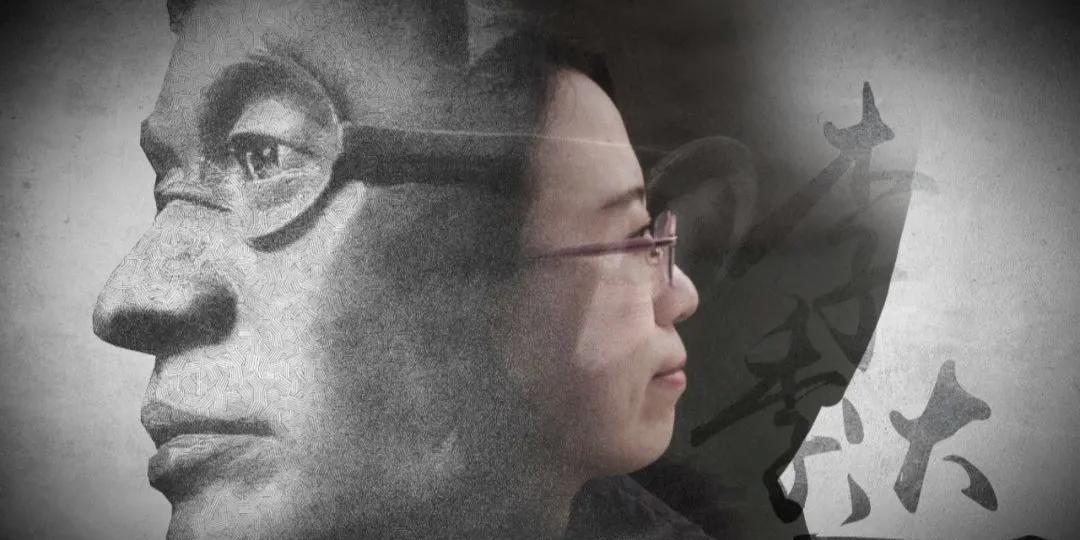Li Jida was born on January 10, 1900 in Wushan County, Sichuan Province (now Wushan County, Chongqing). In 1923, during his work-study trip to France, Li Jida accepted Marxist ideas and joined the early organization of the CCP in Europe, becoming a member of the Ccp. In the same year he was sent to the Soviet Union to study at the Eastern University in Moscow.
In May 1925, the May Thirtieth Anti-Imperialist Patriotic Movement broke out in protest against the brutal suppression of Shanghai workers by the Japanese imperialists. Under the leadership of the Communist Party of China, the people of Tianjin quickly set off a climax of the anti-imperialist patriotic movement. In order to strengthen the leadership of the anti-imperialist patriotic movement in Tianjin, Li Jida, who had just returned to China, was appointed by the Beijing District Committee of the CPC to Serve in Tianjin as the secretary of the Tianjin Local Executive Committee of the CPC.

After Li Ji arrived in Tianjin, he first joined the former leaders of the Tianjin Municipal Party and Regiment to express solidarity with the Shanghai people in their anti-imperialist and patriotic struggle. Li Jida participated in leading the Tianjin seamen's strike, setting off a new upsurge in the Tianjin people's anti-imperialist movement. In early August, Li Jida and the Tianjin Prefectural Committee led Tianjin's famous "smashing Yuda" struggle.
During his stay in Tianjin, Li Jida and Wang Zhenru, director of the Women's Department of the Tianjin Prefectural Committee, developed feelings in revolutionary work, and the two were married on New Year's Day in 1927 with the approval of the organization. Many years later, Wang Zhenru said in "Mourning Husband Jida" that "Jida is versatile, when he is tired of work, he will pick up the flute, and I will accompany him, we play the "Internationale", afraid that people will not dare to hear it and can only blow the fragment quietly." I always felt unhappy, saying that when I could play the international song in its entirety. Jida said, 'Wait for victory, and then we will blow it loudly and painfully, so that everyone around us can hear it.' ’”
In April 1927, Chiang Kai-shek rebelled against the revolution and launched the April 12 counter-revolutionary coup, and the warlords of the Feng clan echoed Chiang Kai-shek in the north and began to massacre the Communist Party and the Left faction of the Kuomintang. On this bloody and rainy day, Li Jida was particularly calm, and while instructing organizations at all levels to act cautiously, he also stored important party documents and the list of more than 500 party members in Tianjin in the first safe of the head office of Zhejiang Industrial Bank in the French Concession. At the same time, the prefectural party committee organs were transferred to No. 79 Songshouli and later to No. 17 Qiuzhili, and active measures were taken to ensure the safety of the party organization. In August, the Shunzhi Provincial Committee of the Communist Party of China was established in Tianjin, and Li Jida was appointed as the director of the Propaganda Department of the Shunzhi Provincial Committee of the Communist Party of China and the secretary of the Tianjin Municipal Party Committee. On August 16, Li Jida and his wife Wang Zhenru were arrested inside the Nankai Sports Club Dianhua School.
In prison, Li Jida assumed the pseudonym Li Jirong and fought valiantly against the enemy. He was tortured by "pressing the bar", "filling pepper water", "lighting the sky lamp" and so on, and passed out many times, always unyielding. Relatives and friends visited and sent food and supplies, and he always shared them with his friends. The party organization mobilized more than 50 giant businessmen to come forward to guarantee, and relatives and friends also rescued in many ways, but they were unsuccessful.
In the face of death, he was calm. In prison, he said in a letter to his relatives: "This may be my last letter to my family, I hope that my brothers will follow my past advice, do not buy land, do not exploit people, and rely on labor to support themselves." He entrusted the letter and a dictionary bought in France to his family as a permanent memorial. His wife, who was imprisoned in the same prison and recently married, was close at hand, but Li Jida could not say anything to her.
On the afternoon of November 18, 1927, Li Jida, Su Ze, and others were escorted to the execution ground. Tianjin's Yishi Bao reported that although Li Jida and others "had excessively long hair, their faces did not change color, they stood on the prison cart and shouted loudly, defeated the warlords, and persisted to the end." Li Jida was only 27 years old when he was righteous, and although his life was very short, the revolutionary spirit displayed on his body shone forever, he had firm faith and was extremely loyal to the party, the country, and the people. The revolutionary spirit of the martyrs will always be admired by the people!